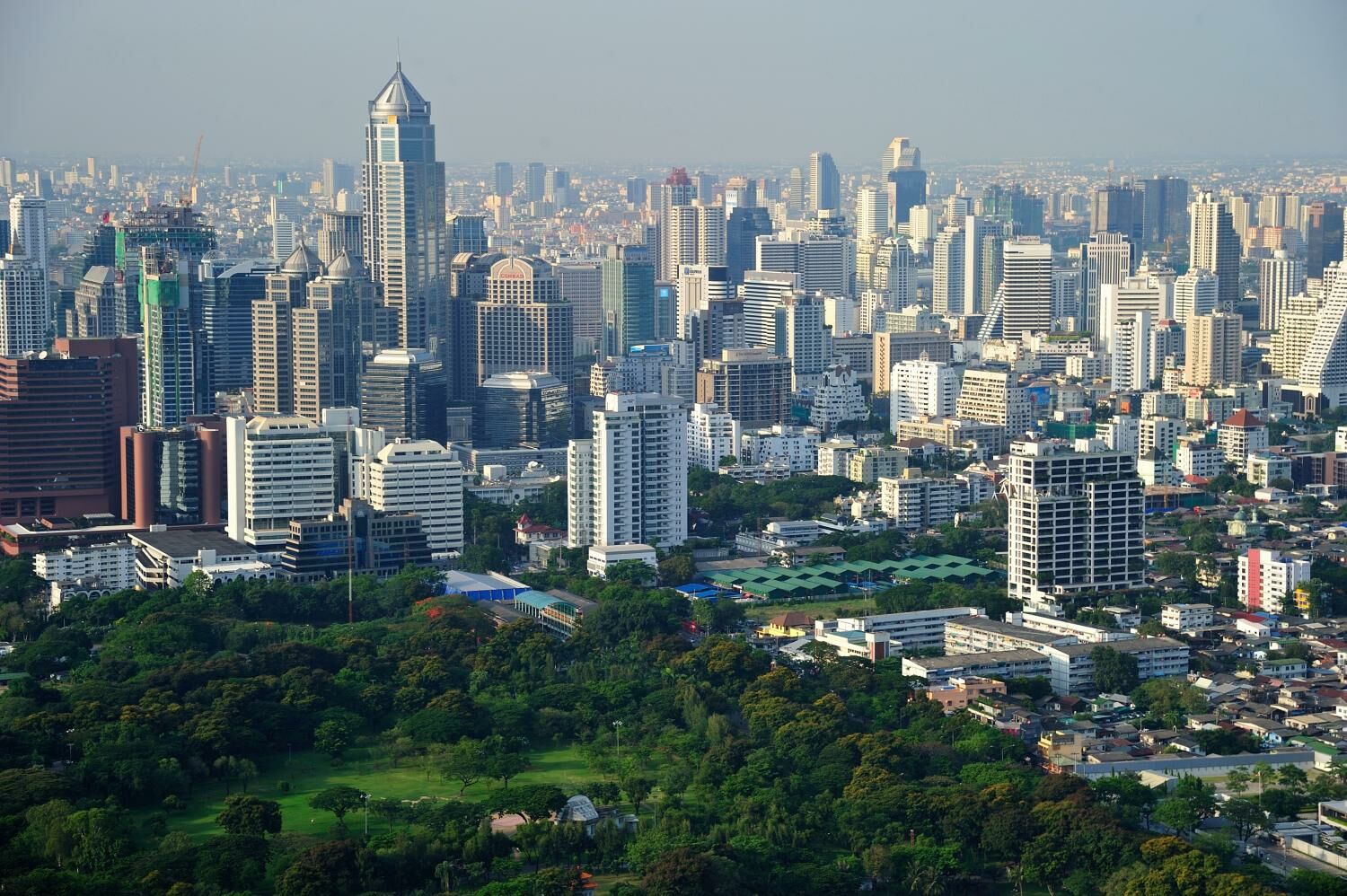Southeast Asia and China top destinations for overseas business expansion in Asia

Southeast Asia and China are now the top choices for overseas expansion, with 83% of Asian businesses expressing interest in venturing abroad, as revealed in a recent report.
The Business Outlook report, conducted by United Overseas Bank (UOB), surveyed over 4,000 small and medium-sized enterprises (SMEs) as well as large organisations in Asia. The study showed that over four out of five businesses plan to expand overseas within the next three years.
Firms in Indonesia, China, Thailand, and Vietnam are keen to increase their international revenue and profits. However, there is reluctance among businesses in Hong Kong, Malaysia, and Singapore. About 50% of the respondents identified Singapore as a crucial country for business expansion in Southeast Asia, followed by Thailand (45%) and Malaysia (45%). Almost 80% of the participants stated that the present business environment in the region is favourable.
On the other hand, merely 25% of the companies expressed interest in expanding beyond Asia, as per the report.
Industrial, oil and gas companies (88%) demonstrated the highest interest in expanding overseas, followed by businesses in wholesale trade, technology, media, and telecom sectors.
The main hurdles for businesses seeking to go overseas include a lack of in-house talent, difficulty in locating suitable partners, and insufficient legal and regulatory compliance and tax support, according to the report.
Eric Lian, head of group commercial banking at UOB, explained that businesses in China want links with industry peers and access to business analytics and insights. In contrast, companies in Southeast Asia demand more tax incentives and sustainable financing options.
Approximately 60% of the surveyed SMEs reported that ongoing geopolitical tensions have impacted their supply chains.
The report highlighted that businesses are feeling pressure from global inflation on their supply costs and challenges in sourcing suppliers.
Nearly 30% of the respondents are trying to diversify their supply chain, investing in building stronger relationships with their suppliers and utilising data analytics for decision-making purposes.
The study indicated that around 90% of businesses consider sustainability important. However, only 45% have implemented sustainability practices. Over 50% of SMEs in Thailand and Vietnam have adopted sustainable practices, while only 38% of Singaporean SMEs have done so.
Respondents cited the potential increase in customer costs and the subsequent impact on profits and revenue as major concerns when implementing sustainability practices.
Lian emphasised the responsibility of engaging stakeholders across the region and intensifying efforts to support firms in their transition to sustainability as a leading bank in Southeast Asia.
He added that their objective is to continue simplifying access to sustainable financing for firms looking to strengthen their environmental, social, and governance capabilities and grow their businesses, reports Bangkok Post.
Latest Thailand News
Follow The Thaiger on Google News:


























